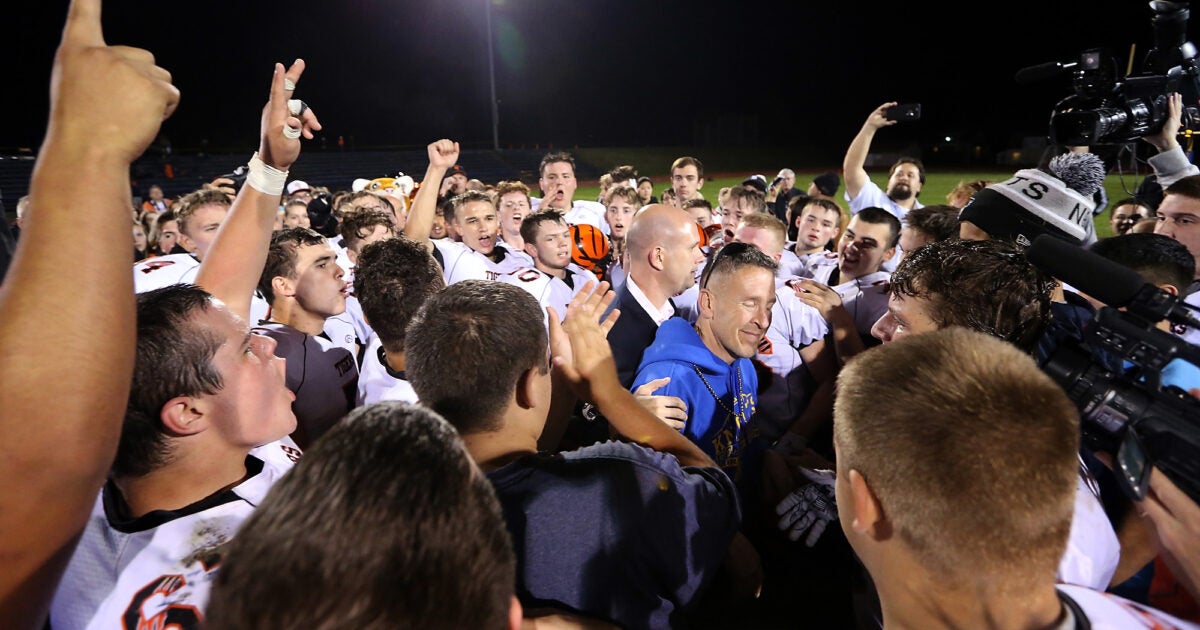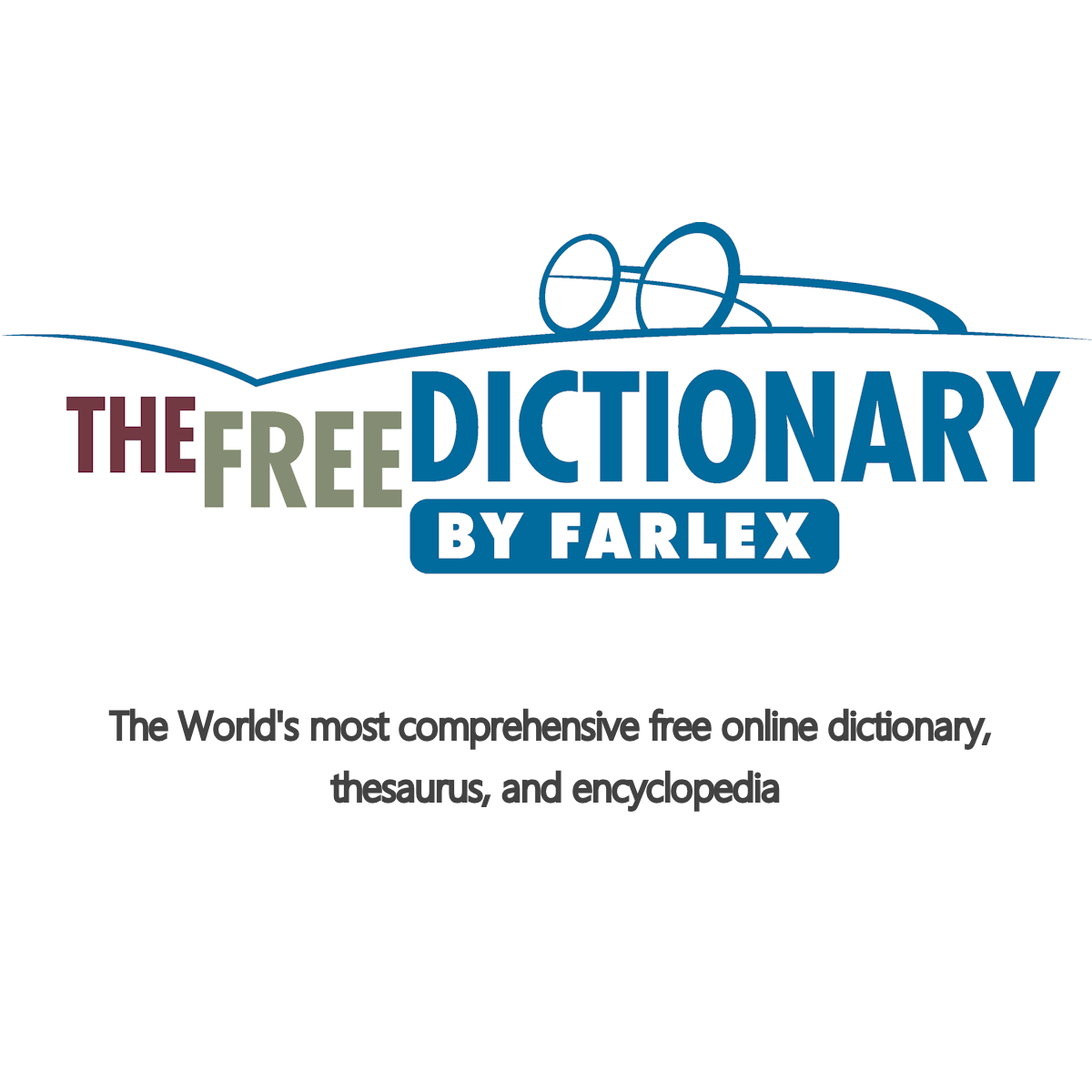- Joined
- Jul 3, 2019
- Messages
- 39,010
- Reaction score
- 31,047
- Location
- Ohio
- Gender
- Female
- Political Leaning
- Progressive
His free speech or religious rights do not permit him to encourage prayer with impressionable students who are taught to be team players while on the job as a state actor.
Supreme Court preview: Kennedy v. Bremerton School District - Harvard Law School
The Supreme Court stands poised to decide whether a high school coach’s penchant for prayers with players poses First Amendment problems.today.law.harvard.edu
To me this should be a no-brainer but to others, perhaps not.
Any prayer must be absolutely voluntary with no hints of repercussions if they refuse to take part, which doesn't exist between a coach and a player. This coach's actions are constitutionally prohibited.
The U.S. Department of Education put it this way in its 2003 guidelines on prayer in public schools:
“When acting in their official capacities as representatives of the state, teachers, school administrators, and other school employees are prohibited by the Establishment Clause from encouraging or discouraging prayer, and from actively participating in such activity with students. Teachers may, however, take part in religious activities where the overall context makes clear that they are not participating in their official capacities. Before school or during lunch, for example, teachers may meet with other teachers for prayer or Bible study to the same extent that they may engage in other conversation or nonreligious activities. Similarly, teachers may participate in their personal capacities in privately sponsored baccalaureate ceremonies.”
Can teachers and administrators pray or otherwise express their faith while at school? | Freedom Forum Institute
As employees of the government, public school teachers and administrators are subject to the establishment clause and thus required to be neutral concerning religion while carrying out their duties. That

